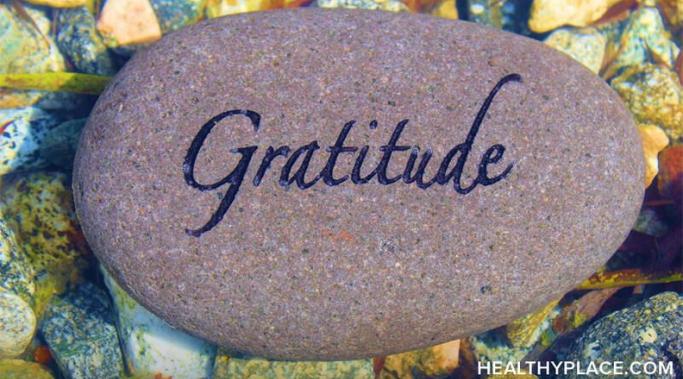I've loved sharing my life, stories, and insights with HealthyPlace, but my time here is now coming to an end. Although moving on in any aspect of life is difficult, I've found the hardest part of moving on is making the decision to let go, especially if you enjoy what you're doing.
Self-Improvement - Recovering from Mental Illness
Rejection sensitivity, in general, is difficult, but rejection sensitivity at work is especially hard since a certain level of professionalism is expected. I consider myself highly sensitive, so managing the fear of conflict or being disliked causes me tremendous anxiety. It wasn't until recently that I finally felt I had a sense of control over my emotions in the workplace. That doesn't mean that rejection sensitivity at work isn't difficult, however.
Managing finances when you have a mental illness can be complicated. The dreaded "your account is overdrawn" bank email and I were well acquainted while my mental health declined. I felt a heavy sense of guilt when it came to my finances. My reluctance to face my situation and the shame I felt asking for help created a snowball of dread. Mental illness can make managing finances more difficult, but it isn't a hopeless situation, and it shouldn't be a source of shame.
"I'll sleep when I'm dead" is a line my former self fully embraced before learning more about sleeping for mental health. If others didn't need sleep, I thought I didn't either. That thought process took a nasty toll on my mental health. Sleeping is essential for mental health and shouldn't be put on the back burner.
I used to think I was bad at meditation. I had poured myself into books, podcasts, and media that revolved around self-improvement and noticed a common theme: meditation. The problem was that I had already convinced myself that I was bad at meditation. After years of trying, I felt discouraged that I couldn't grasp this seemingly magic tool praised by many. I had almost given up, but instead, I turned to the question, "Is it possible to be bad at meditating?"
Times get tough, and I'm not immune to wanting to shut the world out when it feels too loud, too heavy, or simply too much; that's when distraction and escapism come into play. Sometimes, a little mind vacation is needed. Just like physical vacations, it can be helpful to mentally check out momentarily to rest and reset. But as with most things in life, there is a balance, and tipping the scales can have harmful consequences.
I fell into habit tracking because in a world that is constantly changing, having clearly defined action steps is comforting. I’m able to trick my mind into creating a productive routine that feels more like a game than a chore. Sticking to healthy routines has a tremendously positive impact on my mental health, and it’s never been easier to do because I found a way that I enjoy. (Who doesn’t like the feeling of being able to check off boxes?)
Setting goals is great, but setting realistic goals is even better. It’s the beginning of a new year, which means it’s the beginning of New Year’s resolutions season. While thinking about my self-improvement, I believe it’s important to set realistic goals that are easier to maintain and won’t leave me feeling like I’m fighting against the impossible.
I like to practice gratitude in recovery. This is because recovering from a mental illness is difficult and often comes with dark moments. In my own journey, there have been many times when I've felt discouraged and disengaged and ultimately have asked myself, "Is recovering worth it?" Well, yes, it is worth it, but it's nice to have reminders. I've taken my gratitude practices very seriously in the last few years, and they've become essential to my recovery.
Having been through the depths of despair in my gambling addiction journey, I can confidently say that financial health is one of the most challenging areas to rebuild. The financial instability that gambling throws you into takes a lot of determination and the right strategies to overcome. My experience with debt management and regaining financial stability taught me many valuable lessons I wish to impart to others like me. Read on to learn more about rebuilding your finances after gambling addiction.








